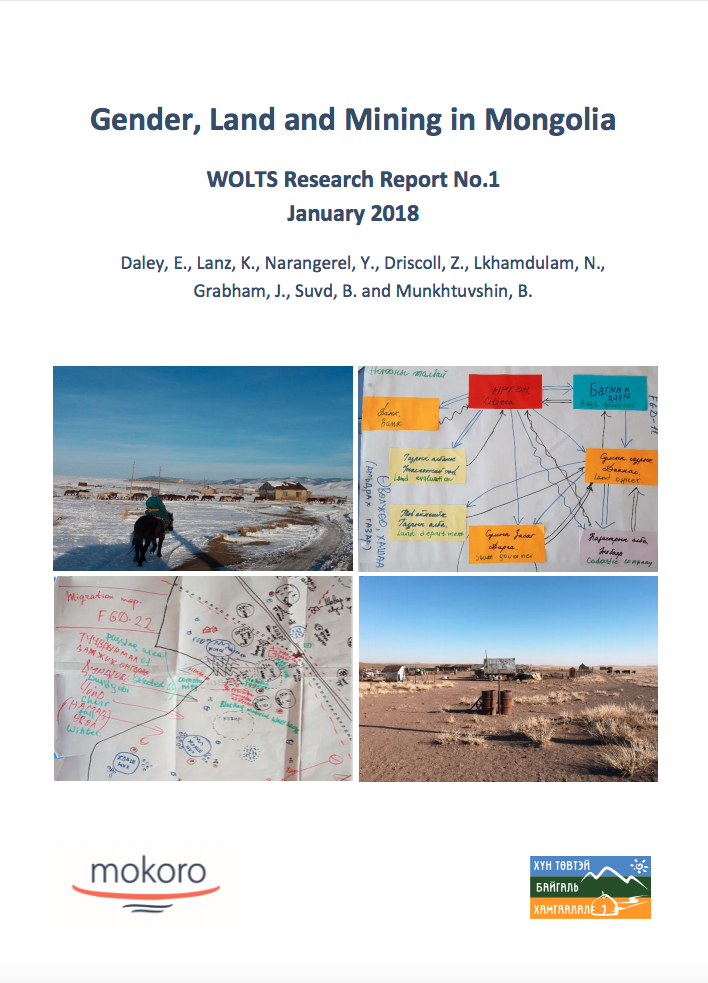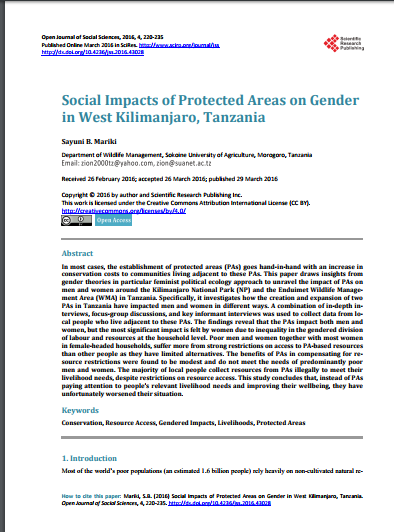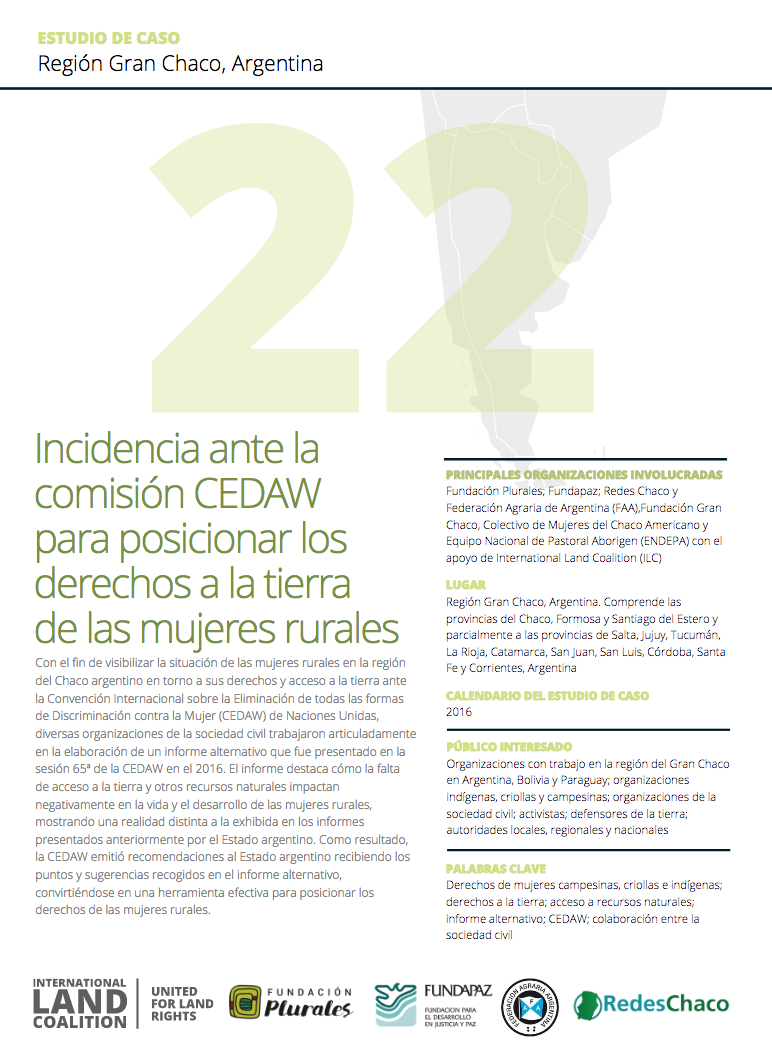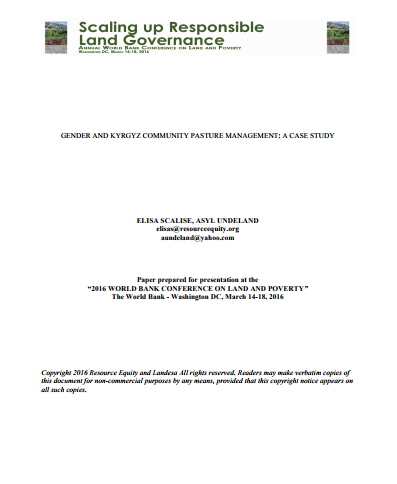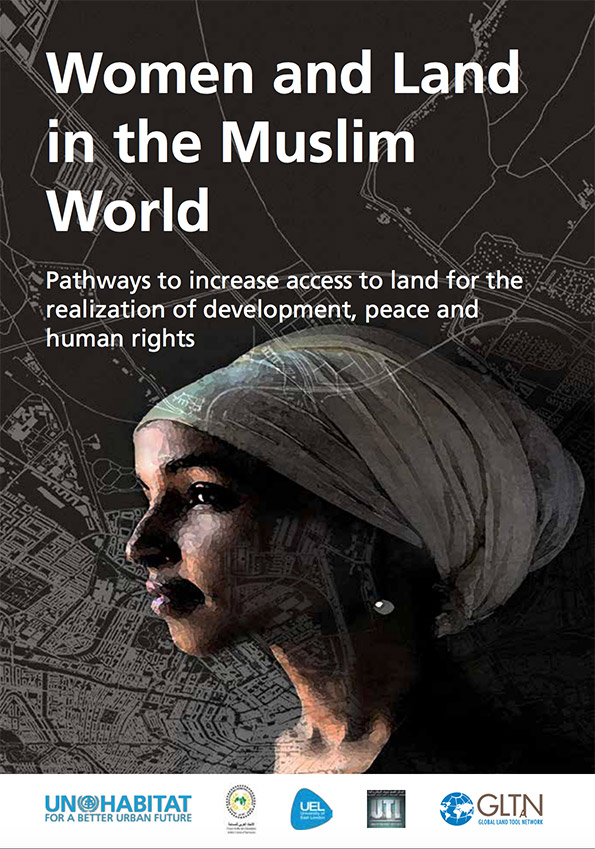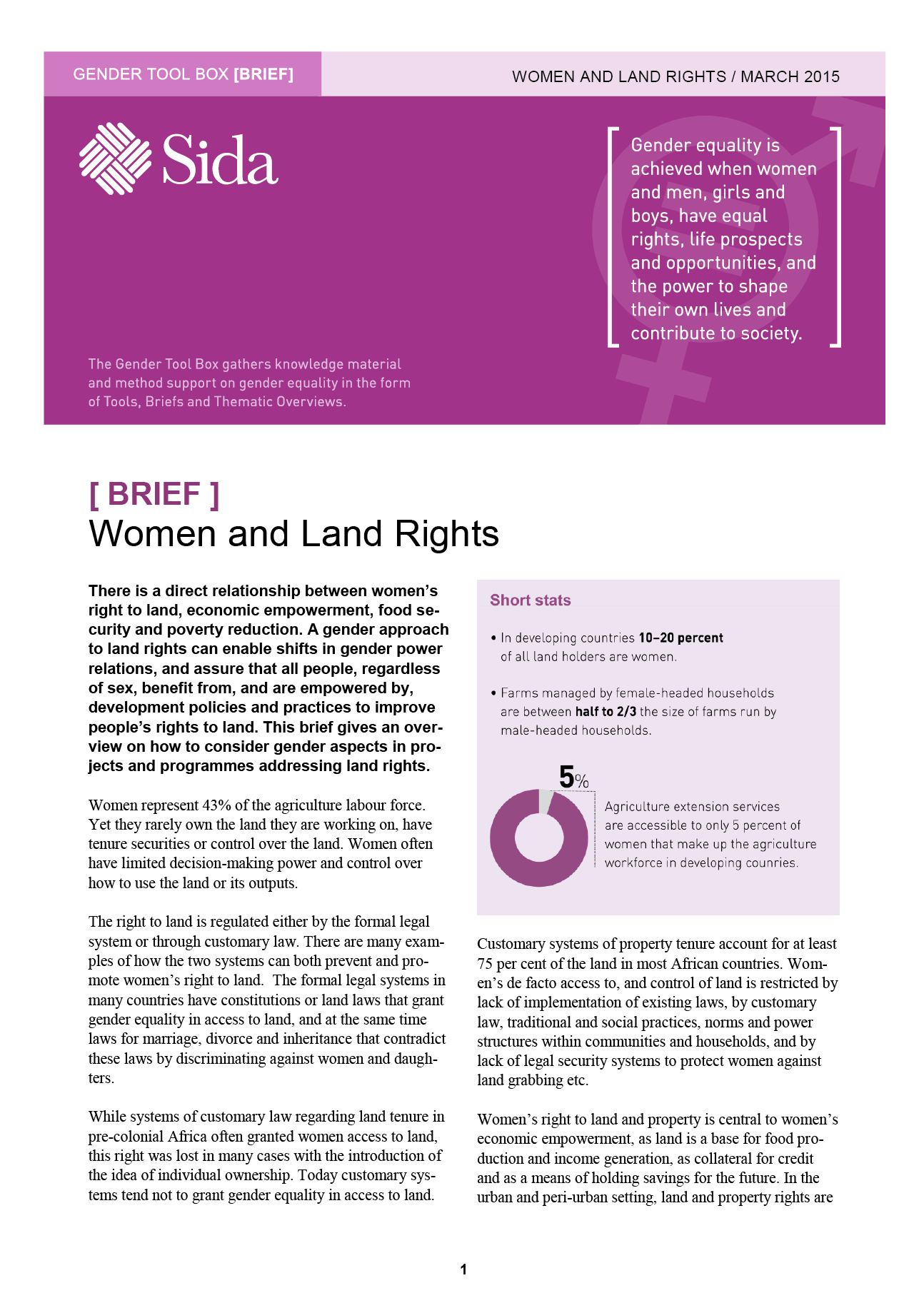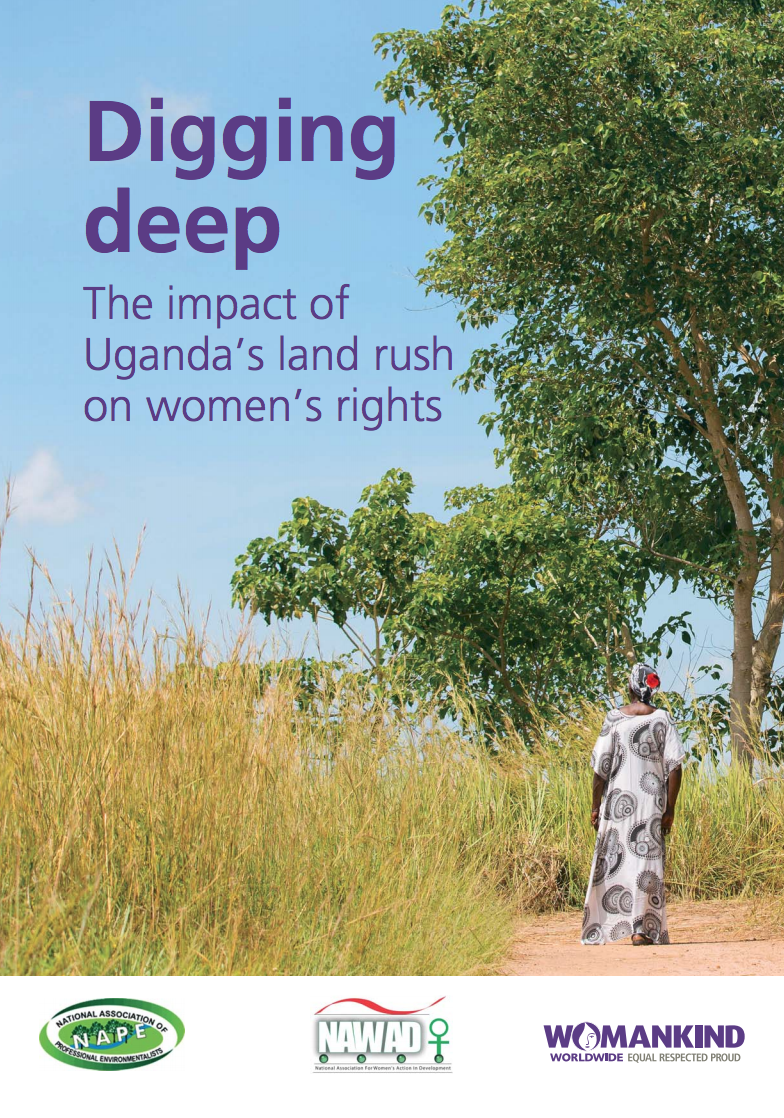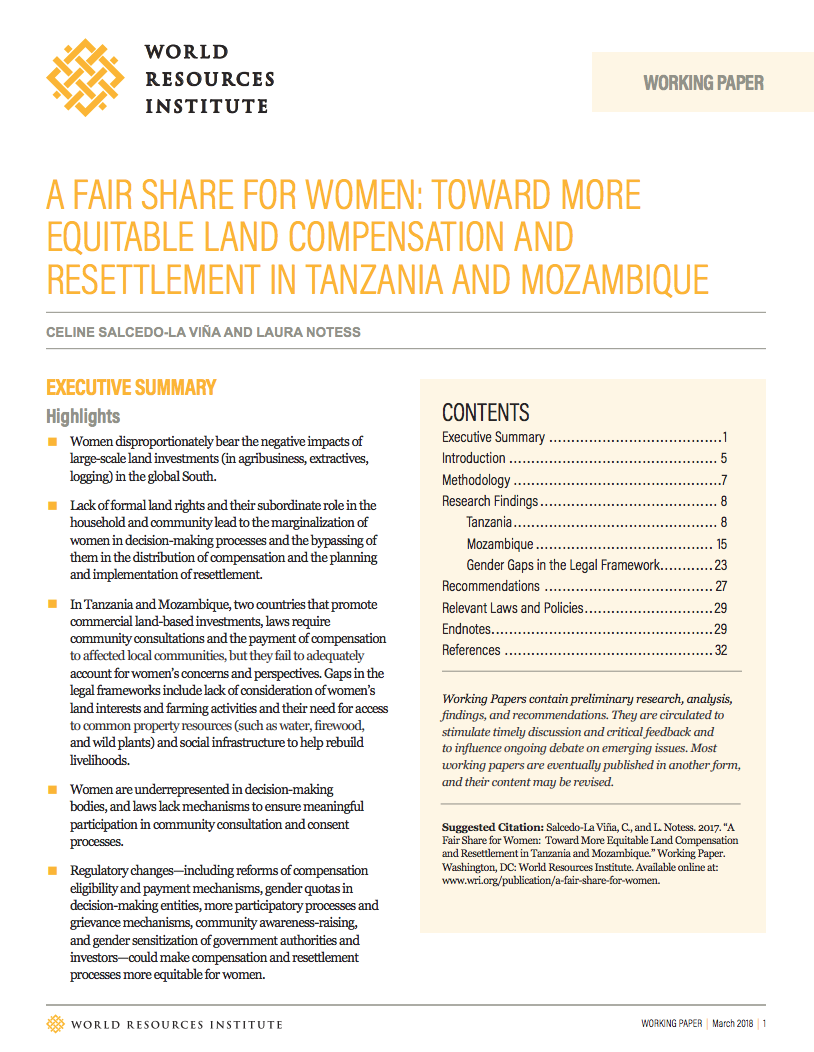O conhecimento das mulheres indígenas está enraizado na compreensão ancestral do mundo natural e no acúmulo de observações de fenômenos locais. O aspecto mais significativo das mulheres indígenas que detêm e preservam esse conhecimento tradicional é sua abordagem holística, que abrange uma ampla gama de domínios além da mera especialização. Elas possuem uma compreensão intrincada de várias espécies, considerando seu valor nutricional, propriedades medicinais e funções ecológicas. Esse conhecimento, transmitido de geração em geração, não apenas enriquece suas comunidades, mas tem sido fundamental para a ciência ocidental. As percepções das mulheres indígenas muitas vezes informaram os entendimentos ocidentais, levando ao desenvolvimento de medicamentos e a uma compreensão mais profunda dos fenômenos climáticos, como secas, inundações e migração da biodiversidade.

